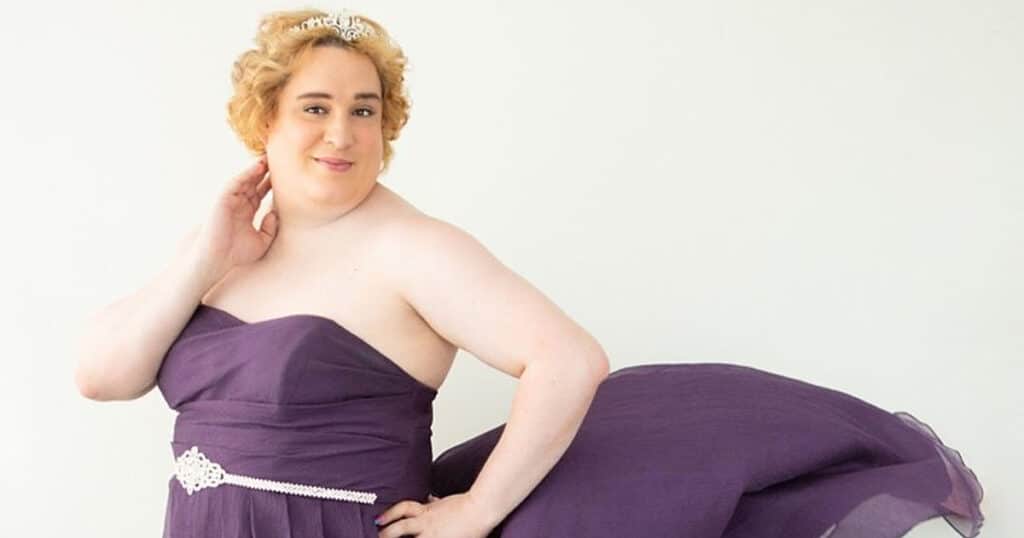
The Definition of a Woman and Freedom of Association
A friend called me this week with a question.
She is part of a local affiliate of a state and national organization. They are a female-founded-and-constituted organization and require that to be a full member (men may be associate members) of the group, one must be female. She asked me whether it would be possible for a biological male who now “identifies” as a “woman” to legally demand to be included in the organization as a full member?
I believe the answer is “no,” but the premise of her question is what is the definition of a woman? After answering that, I’m also going to address the legal rights individuals have to join various organizations and the right of organizations to decide who may join them.
Firstly, it is a sign of our moral and cultural decline that a question of this nature—which has for thousands of years been answered only one way—is being seriously posed in our society. But let’s answer it.
There are many ways to describe the exquisite nature and allure of a ‘woman,’ but only one definition: a biological, genetic female at time of birth, possessed of the XX chromosomes. I suggested to my friend the statement “everyone is welcome in our Club, but to be a full member you have to have been born with that unique and indispensable female sexual organ.”
Now, the legal issue:
The U.S. Supreme Court has long held that the 1st Amendment’s protection of free speech, assembly, and petition logically extends to include a “freedom of association.” This simply means we have the freedom to associate with others who have similar political, religious, or cultural beliefs.
Two Supreme Court cases underscore this principle, both identifying a 1st Amendment violation.
The Court held in Hurley v. Irish-American Gay Group that Massachusetts could not require the private organizers of Boston’s St. Patrick’s Day parade to allow a group of LGBTQ to march as a unit proclaiming its members’ gay and lesbian identity, To do so, the Court reasoned, would require parade organizers to promote a message they did not wish to promote. The Court reasoned that the gay group could be refused admission just as readily as a private club could exclude an applicant whose views were at odds with a position taken by the club’s existing members.
Similarly, in Boy Scouts of America v. Dale, the Court held that application of New Jersey’s public accommodations law to require the Boy Scouts of America to admit an avowed homosexual as an adult member violated the organization’s 1st Amendment right of expressive association.
The Court held that the forced inclusion of an unwanted person in a group infringes the group’s freedom of expressive association if the presence of that person affects the group’s ability to advocate public or private viewpoints. The Court noted that Boy Scouts engages in expressive activity in seeking to transmit a system of values, which include being morally straight and clean. It also teaches that homosexual conduct is not morally straight and allowing it would impair its expression. So, allowing a gay rights activist to serve in the Scouts would force the organization to send a message that the Boy Scouts accepts homosexual conduct as a legitimate form of behavior when it expressly does not.
I suggested to my friend that her organization can legally limit its full membership to individuals who are biological females at birth. This is because allowing transgender people as “women” into full membership directly contradicts and trespasses upon one of her group’s core purposes— promotion and protection of the traditional American nuclear family and traditional gender roles. As such, forced inclusion of transgenders unconstitutionally infringes upon the organization’s “freedom of expressive association” under the 1st Amendment.
At a time when Supreme Court Justice, Ketanji Jackson, apparently isn’t astute enough to provide a definition of a “woman”—her own gender—which calls into question her ability to apply the all-important Violence Against Women Act; when fifty years of progress created by the vital Title IX, which created equality between male and female collegiate sports, has been turned on its head to allow men to unfairly compete against women, and to allow men to parade their identifying appendages in women’s locker rooms (all without one word of protest from NOW or other women’s feminist groups), it is clear thattransgenderism is the worst form of toxic masculinity.


